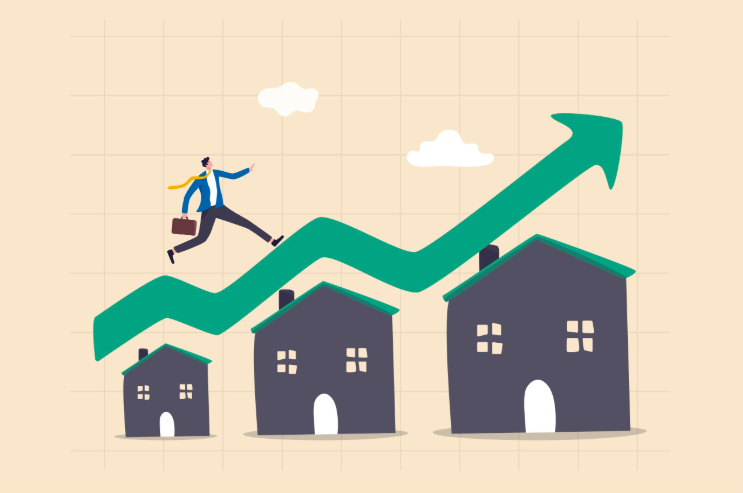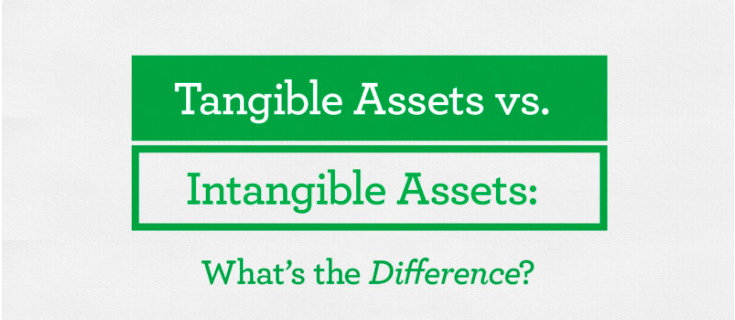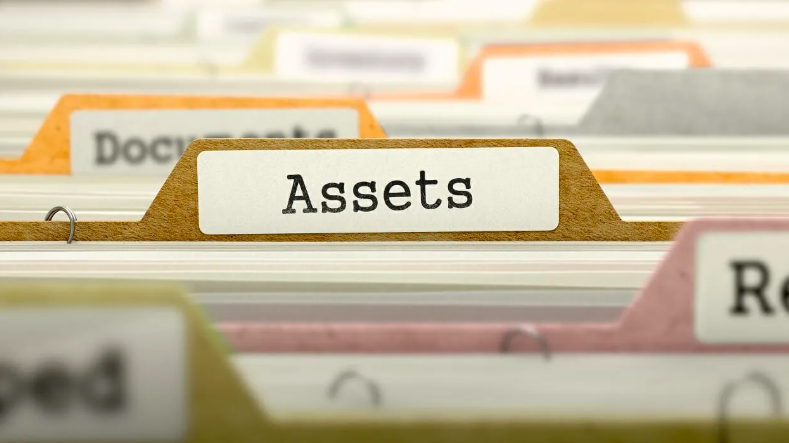
The Impact of Rising Interest Rates on the Housing Market
Interest rates play a critical role in the real estate market, influencing everything from homebuyer affordability to investor returns. When interest rates rise, the ripple effects can be felt across the entire housing ecosystem. Whether you’re a buyer, seller, or investor, understanding how rising rates impact the market can help you make smarter decisions. Here’s a breakdown of the key effects:
1. Reduced Buyer Affordability
What Happens: As interest rates rise, the cost of borrowing increases. This means higher monthly mortgage payments for homebuyers, even if the home price remains the same.
Why It Matters: Higher mortgage payments can push some buyers out of the market, especially first-time homebuyers or those with tighter budgets. For example, a 1% increase in interest rates on a N300,000 mortgage could add hundreds of thousands to a monthly payment.
Impact:
Fewer qualified buyers in the market.
A slowdown in home sales, particularly in higher price ranges.
Increased demand for smaller or more affordable homes.
2. Cooling Home Price Growth
What Happens: Rising interest rates often lead to a decrease in demand for homes, as fewer buyers can afford to enter the market. This reduced demand can slow the pace of home price appreciation.
Why It Matters: Sellers may need to adjust their expectations, as homes may take longer to sell or require price reductions to attract buyers.
Impact:
A shift from a seller’s market to a more balanced or buyer-friendly market.
Stabilization or modest declines in home prices in some areas.
Less competition among buyers, leading to fewer bidding wars.
3. Increased Inventory Levels
What Happens: Higher interest rates can discourage homeowners from selling, as they may be reluctant to give up their low-rate mortgages. However, if demand drops significantly, inventory levels can still rise as homes sit on the market longer.
Why It Matters: More inventory gives buyers more options and negotiating power, but it can also lead to longer selling times for sellers.
Impact:
A slowdown in the pace of home sales.
Potential for price reductions to attract buyers.
A more balanced market compared to the highly competitive conditions seen during low-rate periods.
4. Challenges for Real Estate Investors
What Happens: Rising interest rates increase the cost of financing for real estate investors, reducing their cash flow and overall returns.
Why It Matters: Investors may become more selective, focusing on properties with higher rental yields or in markets with strong growth potential.
Impact:
Lower demand for investment properties, particularly in markets with already high prices.
Increased focus on cash-flow-positive properties.
A potential slowdown in the flipping market, as higher borrowing costs eat into profits.
5. Shift in Housing Preferences
What Happens: As affordability becomes a bigger concern, buyers may prioritize smaller homes, condos, or properties in more affordable areas.
Why It Matters: This shift can drive demand in certain segments of the market while cooling demand in others, such as luxury homes or properties in high-cost urban areas.
Impact:
Increased demand for starter homes and multi-family properties.
A potential slowdown in the luxury housing market.
Growth in suburban or rural markets as buyers seek more affordable options.
6. Impact on Refinancing Activity
What Happens: Rising interest rates make refinancing less attractive for homeowners, as the savings from refinancing diminish.
Why It Matters: Homeowners who locked in low rates during the pandemic may choose to stay put rather than sell and buy a new home at a higher rate.
Impact:
A decline in refinancing applications.
Reduced mobility among homeowners, leading to fewer homes on the market.
7. Broader Economic Effects
What Happens: Rising interest rates are often implemented to combat inflation, which can slow economic growth. This can indirectly impact the housing market by affecting employment, wages, and consumer confidence.
Why It Matters: A weaker economy can lead to job losses or reduced income growth, further dampening housing demand.
Impact:
Potential for a slowdown in new construction as builders face higher financing costs and reduced demand.
Increased caution among buyers and investors.
Final Thoughts
Rising interest rates create a more challenging environment for buyers, sellers, and investors alike. However, they also bring opportunities for those who are prepared. Buyers may find less competition and more negotiating power, while investors can focus on cash-flow-positive properties. Sellers, on the other hand, may need to adjust their pricing strategies and be patient.
Ultimately, the impact of rising rates depends on the broader economic context and local market conditions. Staying informed and working with a trusted real estate professional can help you navigate these changes and make the best decisions for your goals.

 February 19, 2025
February 19, 2025



